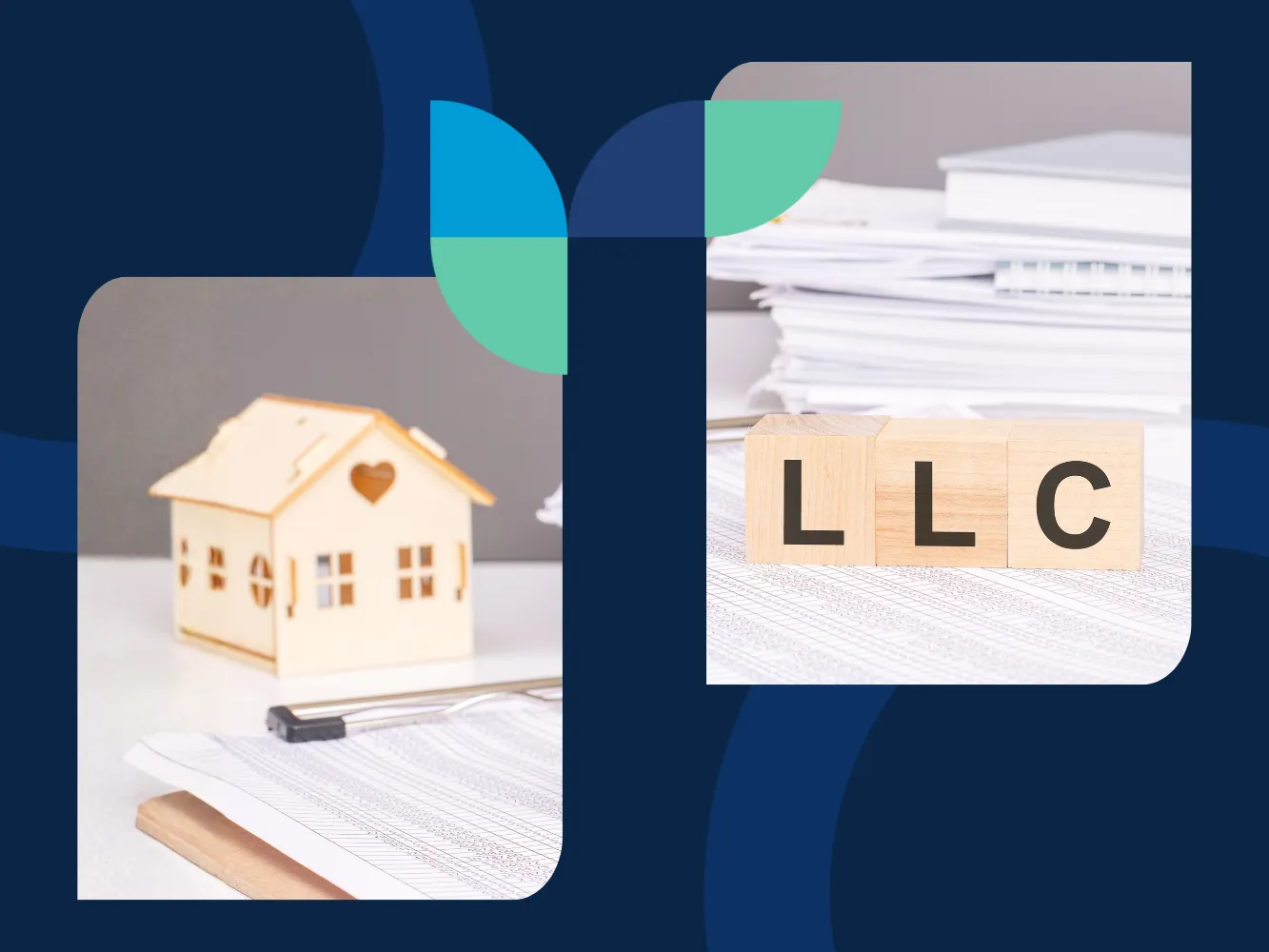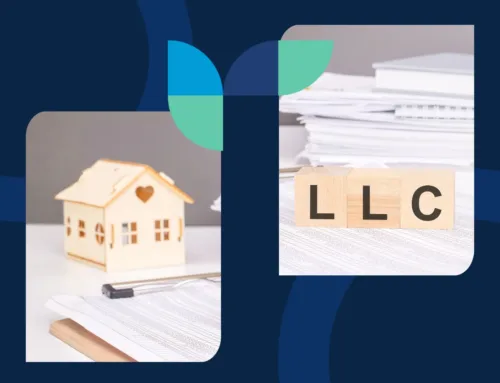Property ownership comes with responsibility — and risk. Whether you live in the home or rent it out, choosing the right insurance is key. But many owners ask the same thing: Do I need both homeowners insurance and landlord insurance?
As your property’s use shifts — from personal to rental, from short-term to investment — so does the type of coverage you need. This guide clears up the confusion, helping you understand how each policy works and when each applies.
What Homeowners Insurance Covers
Homeowners insurance protects you when you live in the property.
It covers the structure, your belongings, and your personal liability. If a pipe bursts or a tree falls, you’re covered. If someone gets hurt on your property, you’re protected.
But here’s the catch — it only applies if the home is owner-occupied. If you’re renting it out, this policy no longer fits. Insurers consider the risk profile too different.
What Landlord Insurance Covers
Landlord insurance steps in when you rent out the property.
It covers the building itself, liability from resident injuries, and often lost rental income if the property becomes uninhabitable due to covered damage. Some policies offer extras like legal fee protection or vandalism coverage.
Landlord insurance is designed for resident-occupied homes. It assumes someone else is living there — not you. Even if it is a relative living in the property and you are or aren’t charging them rent, then a landlord’s policy is still required.
Can You Have Both Policies?
No — not for the same property.
You must choose one based on how the property is used: homeowner’s insurance if you live there or landlord’s insurance if you rent it out.
Therefore, if you own two properties—one you live in and one you lease—then yes, you do need both.
Each policy applies to its own property.
Mixing them up could leave you underinsured — or denied claims entirely.
What’s the Difference?
The most significant difference lies in occupancy. Homeowners insurance assumes you live there. Landlord insurance assumes you don’t.
Personal property: Homeowners policies protect your furniture, electronics, and clothes. Landlord policies don’t — they might cover appliances, but not your personal items.
Loss coverage: Homeowners insurance offers “loss of use” — it pays for hotel stays if your home is damaged. Landlord insurance offers “loss of rent” — it helps if rental income stops because of property damage.
Liability: Homeowners cover your personal liability. Landlord insurance covers liability tied to your resident’s use of the property.
Price: Landlord policies often cost more — more risk means more premium. However, skipping proper coverage could cost much more in the long run.
What Should Property Owners Do?
Start by defining your property’s use. Will you live there? Rent it out full-time? Use it part-time?
If you’re converting your home to a rental, review your current policy, talk to your insurance agent, and make sure the correct policy is obtained with coverages that meet your needs.
Compare quotes across providers. Not all landlord policies are the same — some include added legal protection or extended coverage for vacancy periods.
And think long-term. If you plan to build a rental portfolio, choosing carriers specializing in landlord coverage helps. With some companies, they may restrict how many properties they will insure under one ownership
Real Examples
Scenario 1: You move out and rent your home.
You lived there for years, but now you’re renting it out. Your homeowners policy needs to be replaced—not just updated. A landlord policy is now required.
Scenario 2: You buy a second home to rent.
Your primary home keeps its homeowners insurance, and your rental property gets landlord insurance. Two different properties, two different purposes, two separate & distintic policies.
| ⚠️ Caution: |
|---|
|
Homeowners and Landlord policies will expire coverages if the property is vacant and unoccupied for more than 30 days. Long-term vacancies will require a special policy, usually state insurance pool coverages for those extended vacancies. Typically, these policies will run as much as a full year’s cost of standard coverages for just 3 months. For landlords, choose wisely how you manage renovations while vacant and pricing the rental to lease during that 30-day period. For homeowners, you should always maintain occupancy where at all possible, even during renovations. In either case, check with your insurance agent or state insurance commissioner’s office for state-specific rules and conditions. |
In Conclusion
Homeowners insurance and landlord insurance serve different purposes. One protects your residence. The other protects your investment.
You rarely need both for the same property — but if you own multiple homes, you’ll likely need each type.
The best approach is to keep coverage aligned with use. Review your insurance when your living situation changes. And don’t assume your current policy has you covered—check it, confirm it, and protect your property the right way.
Frequently Asked Questions
What happens if I don’t switch policies when I start renting out my home?
If you keep a homeowners policy on a rental property, your insurer may deny your claim — even for significant damage. It’s essential to align your coverage with your property’s use.
Can I keep homeowners insurance if I rent to family?
Even if your residents are family, the property is no longer owner-occupied. That change matters. You’ll need landlord insurance to stay properly covered.
Is landlord insurance tax-deductible?
Yes, in most cases, landlord insurance premiums are considered a business expense and can be deducted from rental income. Always confirm with your tax professional.
How often should I review my insurance policies?
At least once a year — or whenever your property’s use, value, or occupancy changes. Staying proactive helps you avoid gaps and keeps your investment secure.








